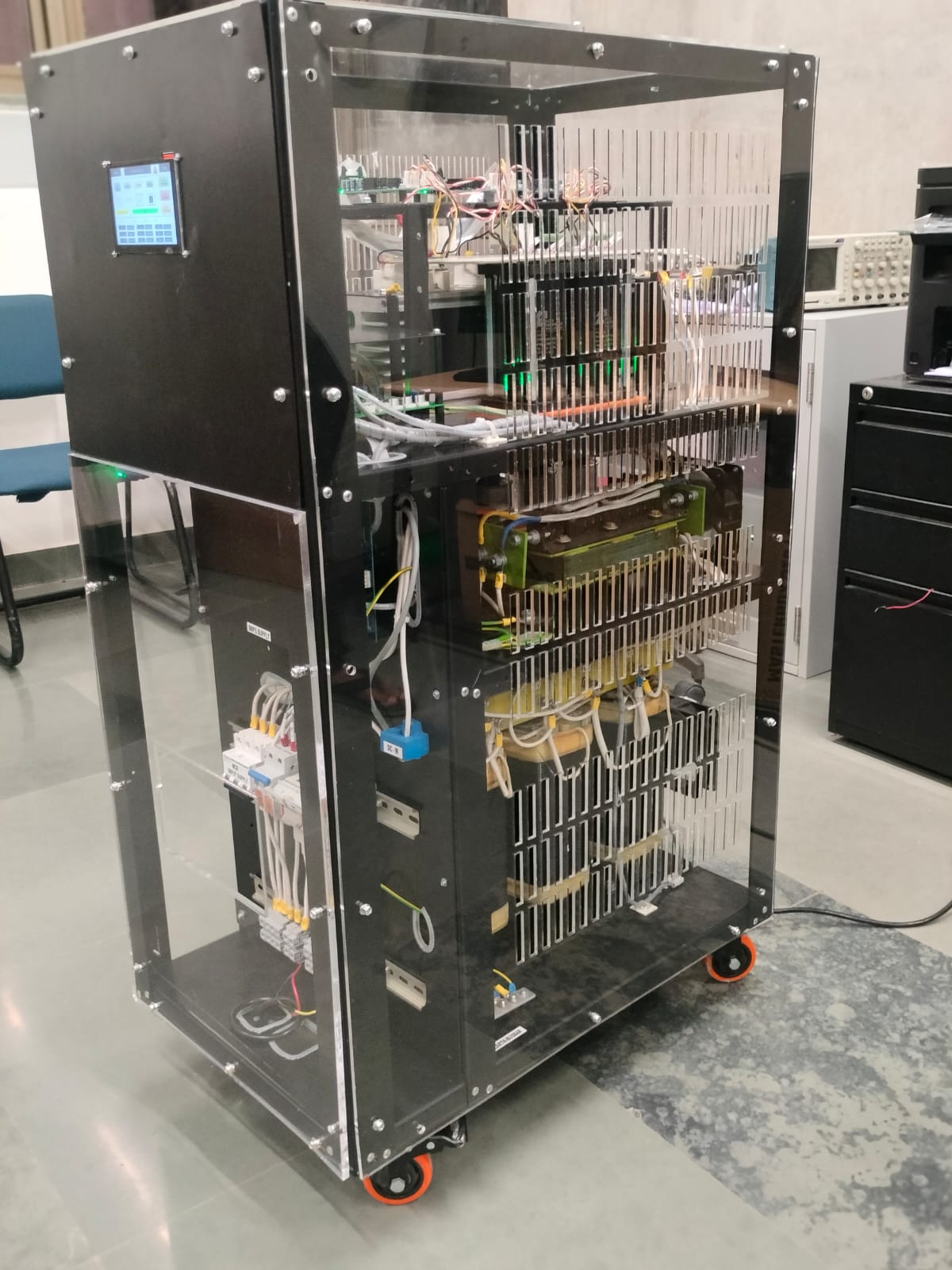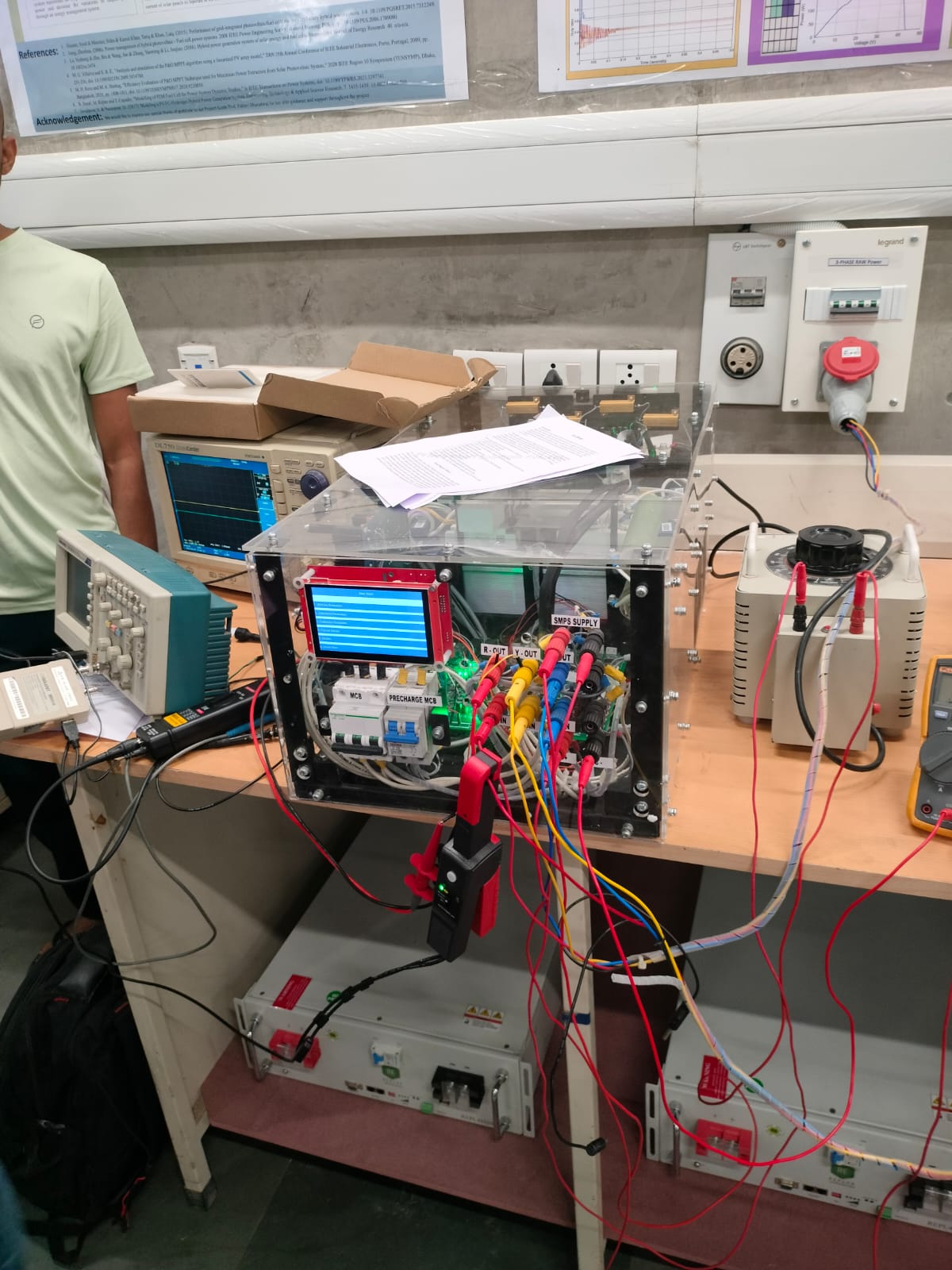V2G & G2V Bidirectional Converter
Vehicle to Grid (V2G) and Grid to Vehicle (G2V) converters represent groundbreaking technologies that facilitate bidirectional energy flow between electric vehicles (EVs) and the power grid. V2G technology enables EVs to not only draw power from the grid for charging but also to supply stored energy back to the grid when needed. This bidirectional flow helps balance grid supply and demand, enhance grid stability, and integrate renewable energy sources more effectively. The V2G converter is equipped with sophisticated control systems and inverters that manage the complex interaction between the vehicle’s battery and the grid, ensuring efficient and safe energy transfer.
On the other hand, G2V technology focuses on optimizing the charging process by allowing EVs to draw power from the grid during periods of low demand or when renewable energy generation is high. The G2V converter ensures that the EV’s battery is charged efficiently, often leveraging smart charging algorithms to minimize costs and reduce strain on the grid. Both converters incorporate advanced features such as load management, energy storage optimization, and real-time communication with grid operators to enhance overall system performance. By enabling these bidirectional interactions, V2G and G2V converters not only improve the utility of EVs but also contribute to a more resilient and sustainable energy infrastructure.


